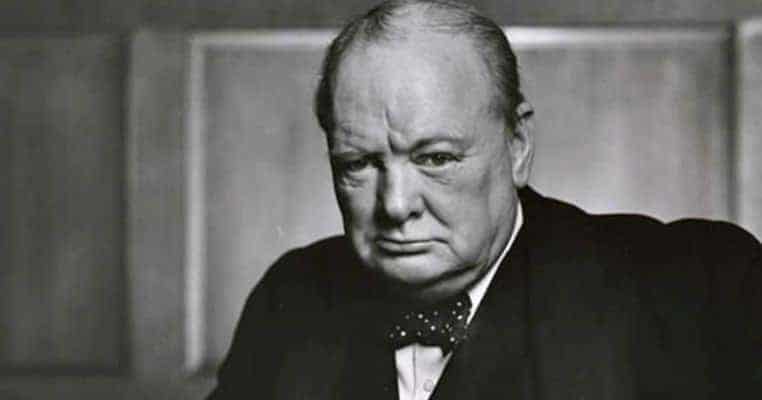Winston Churchill is one of Britain’s most revered figures. In fact, in the eyes of the majority of the public, he is not just a great Briton, but the greatest ever – he was voted as such in a national poll in 2002, beating out the likes of Charles Darwin, William Shakespeare, Sir Isaac Newton and Isambard Kingdom Brunel to the title. The level of respect that Churchill enjoys largely results from his actions during the Second World War, which are seen to have galvanised the British public and inspired them to win the war. His deeds at this time have been brought into the centre of the public consciousness by the recent movie, Darkest Hour, which spans from his accession to power on May 10 1940 to his delivering of a speech to the House of Commons on June 4, shortly before the Dunkirk Evacuation.
While Churchill’s deeds in maintaining British resistance to Nazism were indeed vital – at least in the sense of keeping the war going until the Soviets could win in the East and the Americans decided to join in – his legacy as a “great” Briton is one that is hardly secure. Churchill had a political career that lasted over 6 decades and an army career before that, in which he was an active proponent of British imperialism around the world. Born into a family ensconced in the British aristocracy, Churchill was handed every possible advantage in life: his father was a former Chancellor of the Exchequer, the young Winston was educated at one of the most exclusive private schools in the world and then at the Royal Military College, Sandhurst, the breeding ground for the officer class of the British Army. It was from this background that Churchill learned the key tenets of the British imperial outlook: stoicism, courage and confidence, traits that would serve him well in World War Two; but also a supremacist attitude that would lead him to horrific acts at other points in his career.
In this article, we will focus on the latter – the 12 times in which Winston Churchill was far from heroic.

